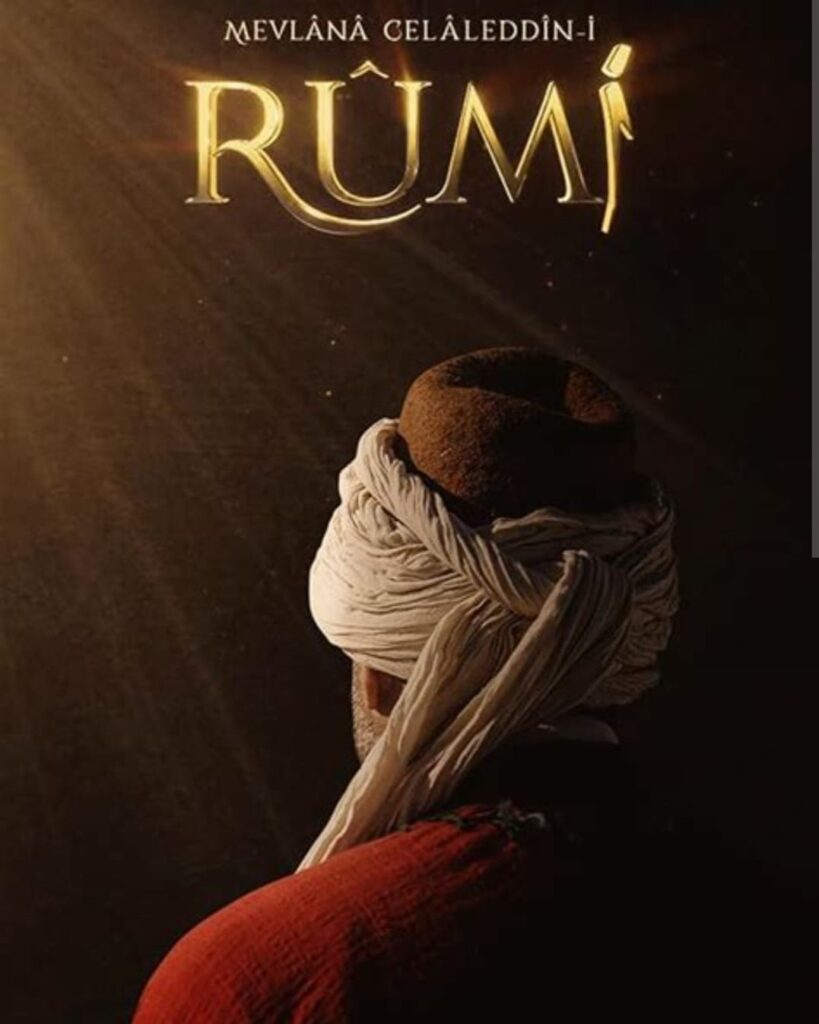Jihad - al - Akbar
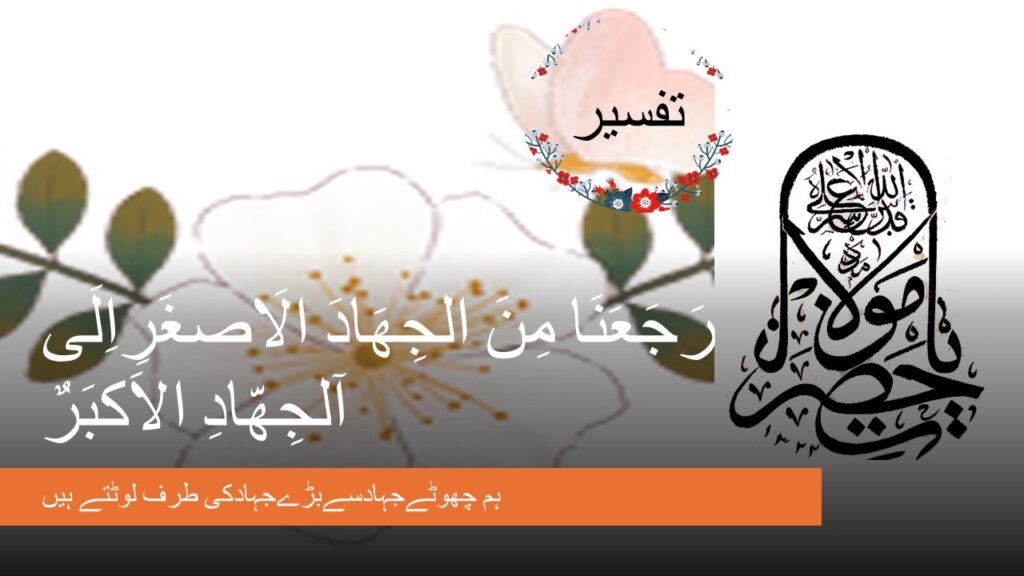
We proceed toward a greater battle,
Returning from a minor struggle.
O wise men, we’ve external enemy exterminated,
Forget not; worst of all, it is still living within.
The enemy cannot be killed by a tongue bare,
The lion’s heart is not to be overcome by a hare.
Nafs is like Hell, angry dragon always leaping fire,
Extinguished? Not! thousand rivers you may hire.
Thirsty it is; may drink the seven seas,
The bitterness lasts; never an end it sees.
The stones are the unbeliever stone hearted (2)
All entering chained, ashamed, and defeated.
So much food shall not lessen its appetite,
And Allah shall call it forth without respite.
Thy appetite hath satiated or still survive? (1)
Answer it shall: “Long live fire; its blaze thrive!”
May swallow the world in a gulp this burning rancor
Still, its stomach churning, crying give me more & more!
At its mouth, one day Allah shall place His Foot.
“BE” He will pronounce and silence it for good (3)
No doubt, for Nafs sincerely, the Hell is the goal,
Each part essentially exhibits attributes of the whole.
Only His intervention shall quench its thirst.
Who can but Allah may pull its rein in horst?
The arrow is always placed straight in the bow;
A bow holds not a wrong misdirected arrow (4)
Straighten up thyself like an arrow.
And be fired at thy aim in full blow.
Ah! Poor Me released from my “Zahir” (5)
Respite or revert to look in the mirror (6)
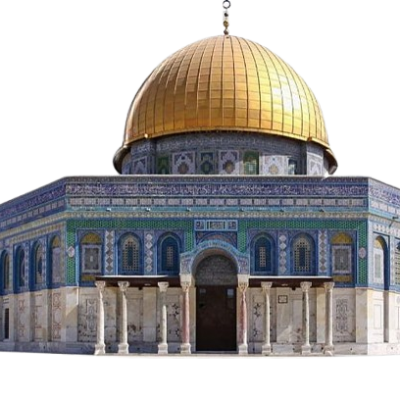
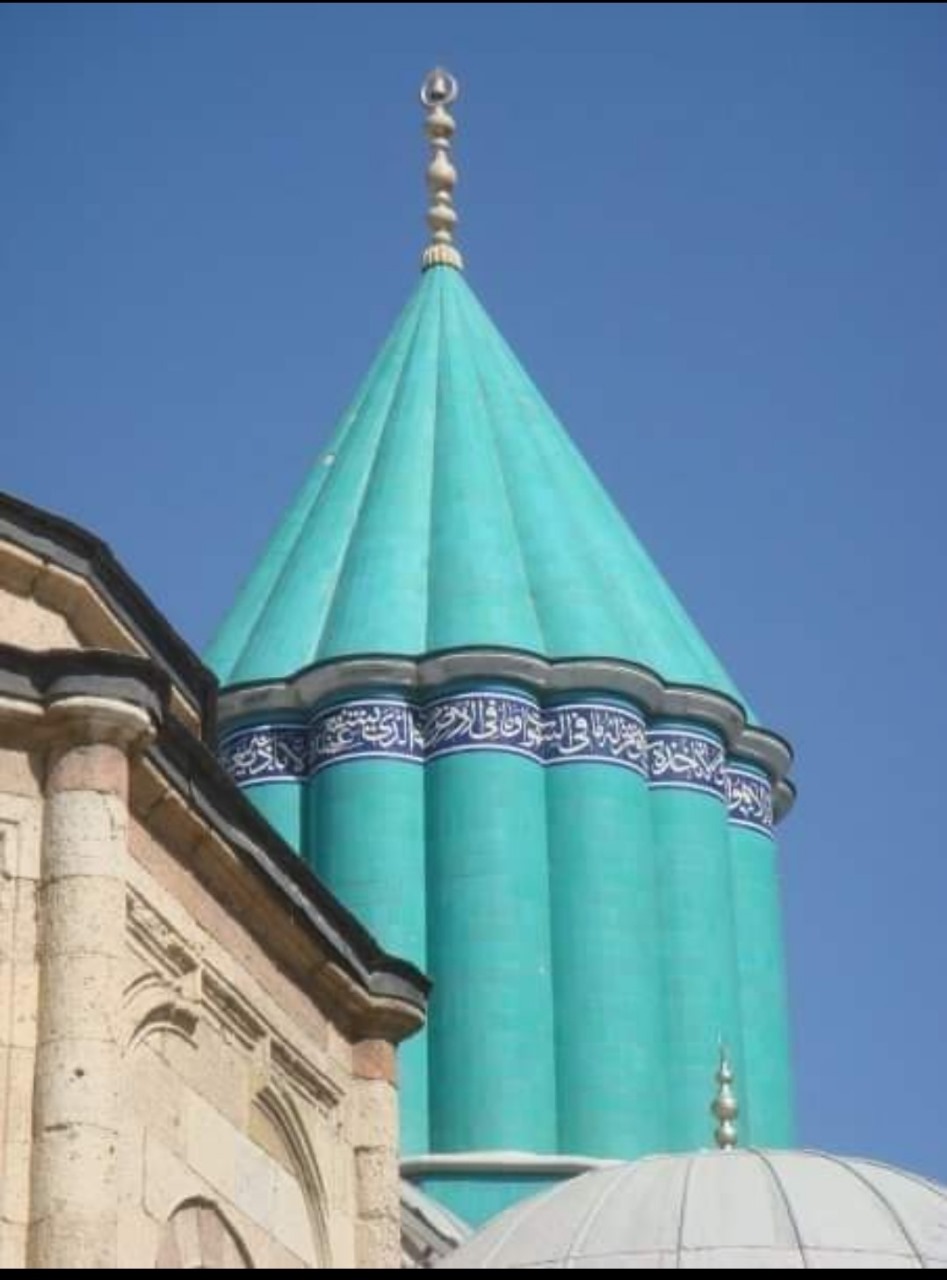
A window to Mathnavi Maulvi Ma’nvi
Translation and Commentary Seema Arif
Further Links for Rumi
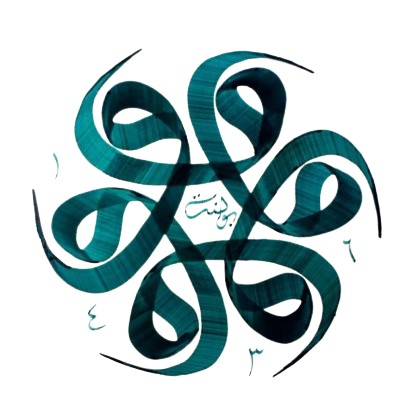
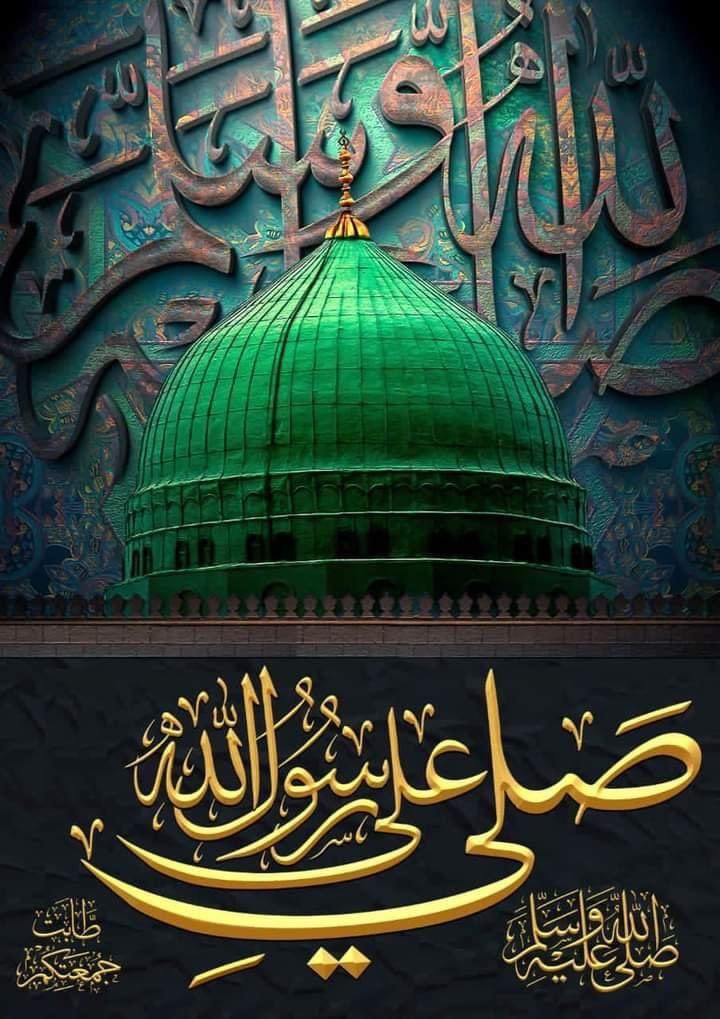
NOTES
Rumi provides us with the exposition of the famous Hadith from Hazrat Muhammad (saw). The prophet had quoted this Hadith returning from Ghazwa Yarmuk, where the Muslims could barely save their grace. It quotes the basic principle of Islam that Allah dislikes the most “pride” and “insolence” in human behavior. Islam was not meant to get physical hold of power by attacking others, but it was a struggle, a constant strife to achieve betterment in self and society. Only the enlightened create a humane culture, ensuring all safety and security. Our goal should be to secure “the Life Process rather than making futile attempts to save individual lives of persons, races, or nations.”
The only instinct that instigates us towards personal survival germinates from the lower soul and is termed Nafs. It leads us to possess, get hold of, own, master, and exploit life and the living. The “enemy within” makes us blind to victory and thus vulnerable to all threats. Hell is something akin to a burning fire of lust within us “ unwavering and most insisting on constant material growth. We need more and more and more. It shall continue till The Last Day when the final call reaches and reverses the life itself. The raised and blessed with eternity shall be those who have extinguished that fire in “The Life.” Others are doomed to burn forever: Once no good, never good at all.
(1) Rumi Quotes Qur’an: 50:30: One Day We will ask Hell,
“Art thou filled to the full?” It will say, “Are there any more (to come)?”
(2) Rumi Quotes Qur’an: 2:24: But if ye cannot- and of a surety ye cannot- then fear the fire whose fuel is men and stones,- which is prepared for those who reject faith.
(3) Rumi Quotes Qur’an 6:73: It is He who created the heavens and the earth in true
(proportions): the day He saith, “Be,” behold! It is. His word is the truth. His will be the dominion the day the trumpet will be blown. He knoweth the unseen as well as that which is open, for He is the Wise, well acquainted (with all things).
(4) Old Greek philosophers, especially Heraclitus, used the metaphor of “bow” for human life, which includes the dual extremes of life on both ends. The literal meaning of
“bow” in Greek is “life,” but in action, it aims at “death.” (Sibt-e-Hussain. Musa say Marx Tuk. p. 156).
One must be straightforward and accept the realities of life and its end. The life chooses the best to shoot at aim. Otherwise, confusion and misdirection is one’s fate. One is eternally locked into the snare of life and can never evolve out of its worldly charms.
(5) Zahir “ as Paulo Coehlo has explained, is the persona one tries to maintain throughout life to conform to the established norms of society to keep up one’s worldly status. The acceptability syndrome must carry on without putting any checks or balances on it.
(6) Mirror “as Rumi has frequently used in his writings, is the ability of self-reflection, critically examining oneself in context to the status one enjoys in life and the roles and responsibilities one constantly avoids in life.
(7) Home is one’s soul being able to communicate with one’s spiritual self and returning home to see one’s true self, “the Fitrah,” the divine pattern he was created. The personal potentials and limitations he has to live and survive with “Self-knowledge.”
(8) Rumi is seeking compliance with Divine Will. The will is exhibited in the character of Prophets like Hazrat Muhammad (saw) and Moses. Faith moves mountains, and he is commanding for that faith.
(9) Again, it’s the saying of Hazrat Ali (ra) that a braver is a person who has mastered his passion and his lower soul: “the anger, the revenge, the enmity. Click for Detail…
(10) Pharaoh is the symbol of human pride and insolence it exhibits against Divine Will and it is to be defeated.
( Copyright 2024 ) Dr. Seema Arif All rights reserved.
All material on this page is Seema Arif’s original writing. Using it in any form of publication and print media without prior permission will be considered a violation of rights. When quoting research papers, proper referencing should be used.

